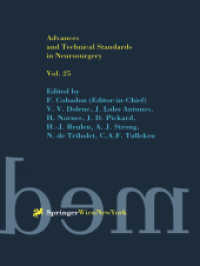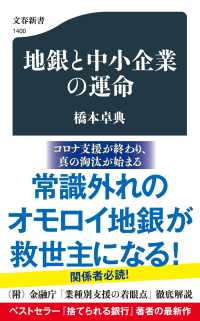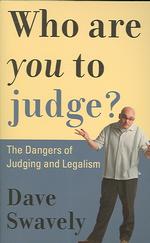- ホーム
- > 洋書
- > 英文書
- > Politics / International Relations
基本説明
Publication delayed (Originally scheduled in 2005). Argues that the tradition supporting the non-use of nuclear weapons cannot be explained only by theories of deterrence.
Full Description
Why have nuclear weapons not been used since Hiroshima and Nagasaki in 1945? Nina Tannenwald disputes the conventional answer of 'deterrence' in favour of what she calls a nuclear taboo - a widespread inhibition on using nuclear weapons - which has arisen in global politics. Drawing on newly released archival sources, Tannenwald traces the rise of the nuclear taboo, the forces that produced it, and its influence, particularly on US leaders. She analyzes four critical instances where US leaders considered using nuclear weapons (Japan 1945, the Korean War, the Vietnam War, and the Gulf War 1991) and examines how the nuclear taboo has repeatedly dissuaded US and other world leaders from resorting to these 'ultimate weapons'. Through a systematic analysis, Tannenwald challenges conventional conceptions of deterrence and offers a compelling argument on the moral bases of nuclear restraint as well as an important insight into how nuclear war can be avoided in the future.
Contents
1. Introduction: the tradition of nuclear non-use; 2. Explaining non-use; 3. Hiroshima and the origins of the nuclear taboo; 4. The Korean War: the emerging taboo; 5. The rise of the nuclear taboo, 1953-1960; 6. Nuclear weapons and the Vietnam War; 7. Institutionalizing the taboo, 1960-1989; 8. The 1991 Gulf War; 9. The taboo in the post-Cold War world; 10. Conclusion: the prospects for the nuclear taboo.








